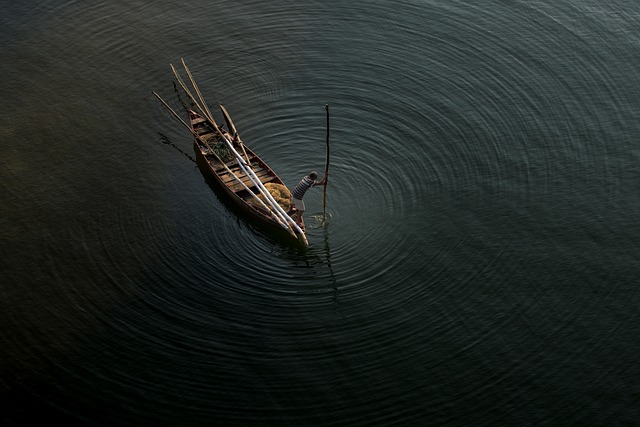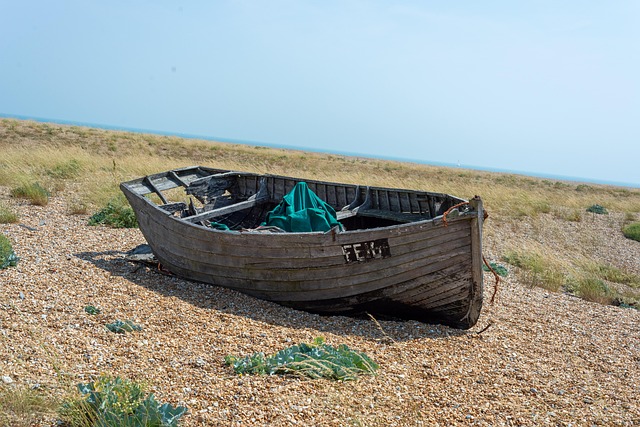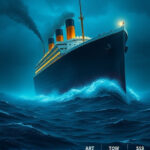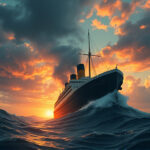A boat is a versatile watercraft historically crucial for trade, exploration and long-distance travel, now ranging from compact fishing boats to massive cargo ships, facilitating access to remote locations, leisure activities, tourism, and commercial shipping worldwide.
A boat is more than just a watercraft; it’s a vessel of adventure, offering both transportation and recreational opportunities. This versatile mode of travel has diverse purposes, from fishing and exploration to leisure activities like sailing and watersports. Boating caters to a wide range of users, from passionate recreational enthusiasts and anglers to commercial fishers who rely on boats for their livelihood. Understanding these aspects provides insight into the multifaceted world of boating and its significance in various communities.
- A Boat: A Watercraft for Transport and Recreation
- Purposes of Boats: From Fishing to Exploration
- Who Uses Boats: Recreational Enthusiasts to Commercial Fishers
A Boat: A Watercraft for Transport and Recreation

A boat, in its most basic sense, is a watercraft designed to navigate bodies of water, be it rivers, lakes, or seas. It serves as both a means of transport and a source of recreation, offering unparalleled experiences on and off the water. From historic times, boats have played a pivotal role in human civilization, facilitating trade, exploration, and travel across vast distances.
Today, the term ‘boat’ encompasses a diverse range of vessels, from small rowboats and kayaks to luxurious yachts and massive cargo ships. Whether used for fishing, sailing, cruising, or water sports, boats provide access to remote areas, offer opportunities for leisure activities, and contribute significantly to various industries like tourism and commercial shipping. Its versatility makes it an indispensable tool for both adventure seekers and essential transport systems around the globe.
Purposes of Boats: From Fishing to Exploration

Boats serve a multitude of purposes, each tailored to specific needs and desires. One of the most ancient and enduring uses is fishing. From small rowboats to large commercial vessels, fishermen rely on boats to access distant waters, trawl for catch, and bring their precious haul ashore. This traditional practice not only sustains communities but also contributes significantly to global food security.
Beyond fishing, boats play a pivotal role in exploration. Whether it’s sailing across vast oceans or navigating winding rivers, these watercraft have facilitated the discovery of new lands, expanded trade routes, and advanced scientific knowledge. From the daring voyages of historical explorers to modern-day research missions, boats continue to be indispensable tools for charting uncharted territories and understanding our planet’s diverse aquatic ecosystems.
Who Uses Boats: Recreational Enthusiasts to Commercial Fishers

Boats serve a diverse range of purposes, catering to everything from leisure activities to commercial endeavors. One of the most prominent groups of users are recreational enthusiasts who find solace and adventure in activities like boating, fishing, and watersports. These individuals often own small to medium-sized boats, enjoying the freedom to explore lakes, rivers, and coastal areas for relaxation or recreation.
On the other end of the spectrum, commercial fishers play a vital role in the industry, utilizing specialized boats to navigate the seas in search of catch. Their vessels are designed for efficiency and durability, often equipped with advanced navigation systems and fishing gear. This sector is crucial for providing food and sustenance to communities worldwide, contributing significantly to global seafood supply.
A boat is not just a watercraft; it’s a gateway to exploration, recreation, and sustenance for many. Serving diverse purposes from fishing to leisure activities, boats connect us to our waterways and open up opportunities for both commercial endeavors like fishing, as well as recreational pursuits enjoyed by enthusiasts worldwide. Whether navigated by experienced mariners or casual hobbyists, these versatile vessels continue to play a vital role in shaping our relationship with the water, offering unique experiences and access to distant shores.


